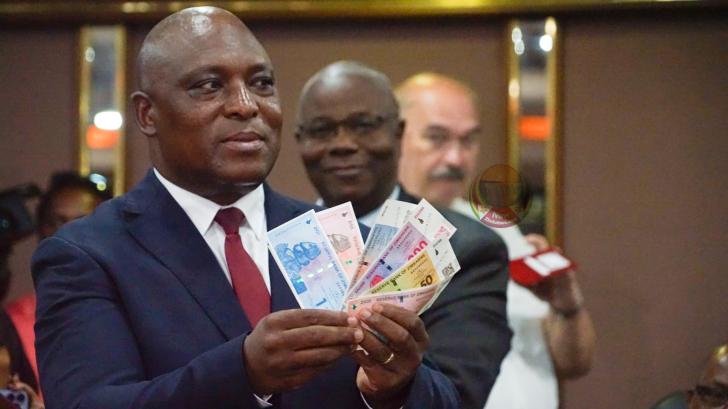News / National
RBZ makes U-turn
03 Sep 2024 at 14:45hrs |
0 Views

The Reserve Bank of Zimbabwe (RBZ) has announced that holders of non-negotiable certificates of deposit (NNCDs) will now receive tradable government bonds. This decision comes in response to pressure from companies owed millions in outstanding foreign currency allotments. These debts arose from the auction system and the 25% export surrender requirement.
Initially, in his April Monetary Policy Statement, RBZ Governor John Mushayavanhu had stated that these companies would receive NNCDs with one- or two-year maturities, a move that upset many firms. However, in the Mid-Term Monetary Policy Review, Mushayavanhu reversed this decision, opting instead to issue tradable government bonds.
The central bank will continue using NNCDs to manage liquidity but will tighten liquidation rules to maintain financial stability. The RBZ also announced it would redeem existing gold-backed digital tokens and gold coins but will not issue new ones.
To ensure the convertibility of foreign exchange to local currency, the RBZ plans to inject more ZiG (Zimbabwean digital currency) into the market, particularly in smaller denominations, to improve circulation and financial inclusion. Additionally, the RBZ will continue its strategic intervention in the foreign exchange market to satisfy demand.
Given the current stability in inflation and exchange rates, the RBZ will maintain its policy rate at 20% and the interest rate corridor between 11% and 25%. The central bank will also keep reserve money growth under control to ensure continued exchange rate stability.
Initially, in his April Monetary Policy Statement, RBZ Governor John Mushayavanhu had stated that these companies would receive NNCDs with one- or two-year maturities, a move that upset many firms. However, in the Mid-Term Monetary Policy Review, Mushayavanhu reversed this decision, opting instead to issue tradable government bonds.
To ensure the convertibility of foreign exchange to local currency, the RBZ plans to inject more ZiG (Zimbabwean digital currency) into the market, particularly in smaller denominations, to improve circulation and financial inclusion. Additionally, the RBZ will continue its strategic intervention in the foreign exchange market to satisfy demand.
Given the current stability in inflation and exchange rates, the RBZ will maintain its policy rate at 20% and the interest rate corridor between 11% and 25%. The central bank will also keep reserve money growth under control to ensure continued exchange rate stability.
Source - newsday
Join the discussion
Loading comments…





















